
Feeling blue—or maybe just a little bleh? Your diet could be partly to blame. Research shows getting the right nutrients over time can improve your mood, tame stress, ease anxiety and even help fight depression.
Talk about food for thought. Growing research shows that simply making changes in what you eat can significantly boost mood and improve symptoms of anxiety and depression.
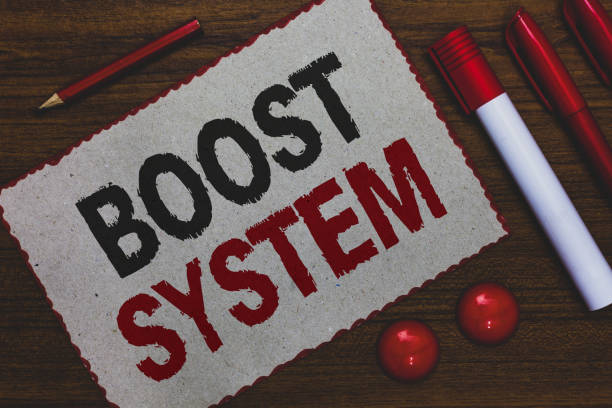
Want to see what the right foods can do for your mood and mental health? The seven foods below have all been shown to help ease stress, improve mood, relieve anxiety or help fight depression.
Blueberries
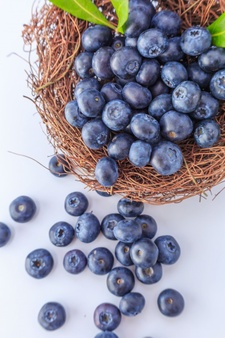
With more antioxidants than any other common fruit or vegetable, blueberries deliver a bushel of brain-boosting benefits. Thanks mostly to a type of antioxidant called flavonoids, blueberries help regulate mood, improve memory and protect the brain from aging. One recent animal study suggests the anti-inflammatory chemicals in blueberries may be helpful in treating PTSD and other serious mental health problems.
Chocolate
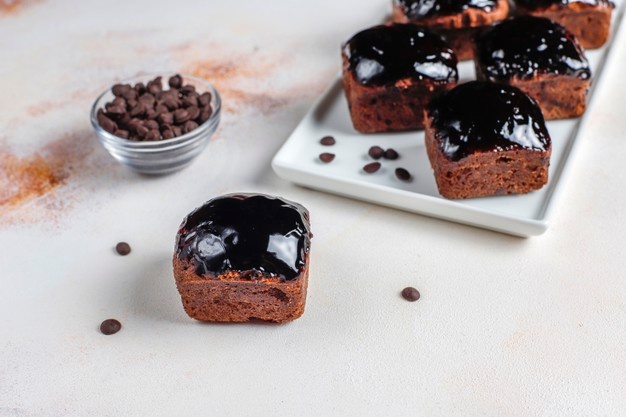
Finally, science backs up what many of us already know: chocolate does make you happy lol, and this is thanks to the antioxidants found in dark chocolate. Studies show that that eating a little dark chocolate (1.4 ounces of it, to be exact) can reduce the levels of cortisol and other stress hormones in people who were highly stressed. However, you have to be super careful and disciplined with this, else you will rack up some serious extra pounds in weight.
Fatty Fish
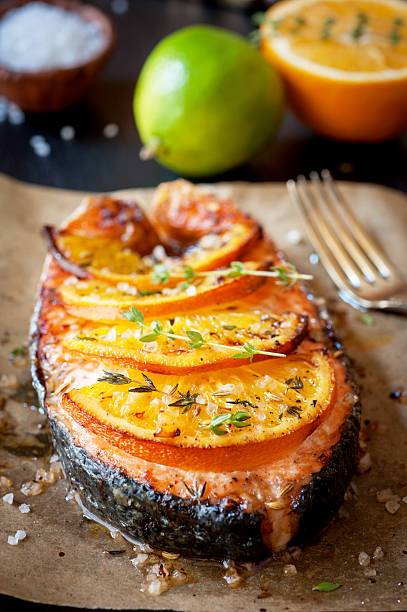
Regularly eating salmon-and mackerel, tuna, herring and other fatty fish-can help lower anxiety, research shows. This is because of their omega-3 fatty acids, a key mood-boosting nutrient and one our bodies don’t produce. Omega-3s alter brain chemicals linked with mood-specifically dopamine and serotonin.
Green Tea
If you’re having a bad day, sipping a cup of tea can be just the thing to soothe your senses, calm your nerves and brighten a dark mood. According to a Japanese study published in the American Journal of Clinical Nutrition, drinking two to three cups of green tea a day was linked to reduced depression symptoms in elderly people.
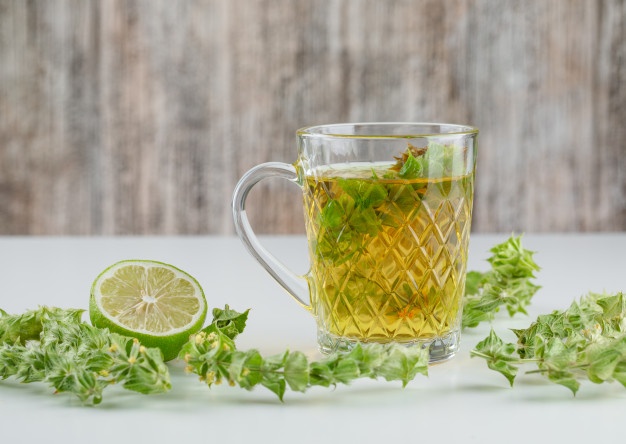
That may be due to a number of mood-boosting nutrients, including L-theanine, an amino acid that helps fight anxiety. Green tea also has some caffeine-enough for a pick-me-up when you’re feeling down, but not enough to give you the jitters.
Leafy Greens
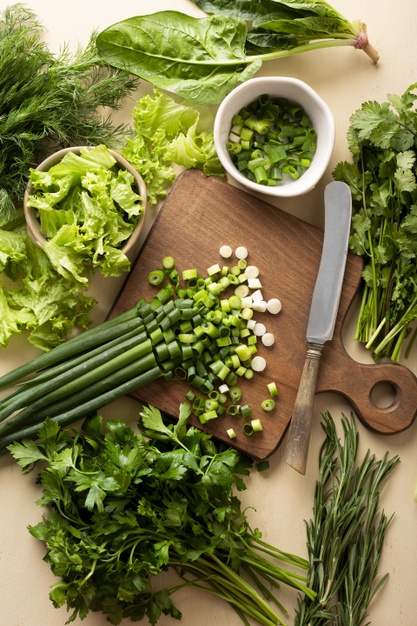
Many adult humans across the globe don’t get enough magnesium, a mineral that, among other things, helps reduce anxiety. Dark leafy greens like spinach and Swiss chard are loaded with it-so eating them is an easy way to get your daily vegetables and boost your brain health, too. other good sources of magnesium are beans, lentils, almonds and avocados.
Oysters

Sure, oysters have a reputation as an aphrodisiac. But their mood-boosting benefits go well beyond the bedroom. Oysters are high in zinc, a nutrient that helps ease anxiety. Zinc also helps improve sleep quality, essential for staying on an even keel. Bonus: Once you get the hang of it, eating oysters can be fun-and an instant mood-lifter in itself. Just incase you’re not into seafood, other foods like cashews, eggs, liver or beef can still give you your zinc boost.
Yoghurt & Other Probiotics

There’s lots of buzz these days about probiotics-fermented foods like yogurt, kimchi and sauerkraut that help keep your gut bacteria in check. Recent studies in both animals and humans suggest links between balanced gut bacteria and better mood, less stress and anxiety, and lower risk of depression.
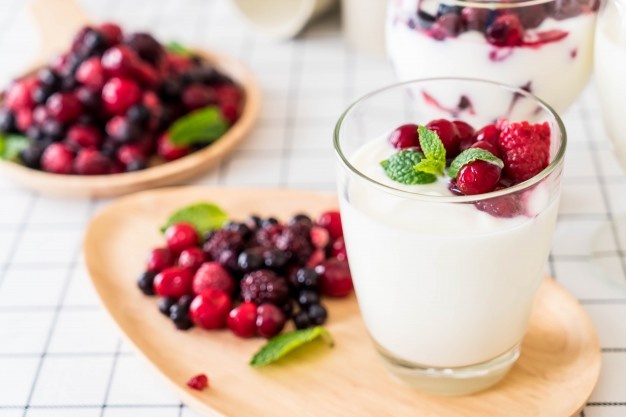
Still, some experts caution that it’s too soon to tell for sure. A recent review of 10 small but solid studies found that eating probiotics for depression and anxiety seemed to help some folks, but not others. The point is; slurping a refreshing yogurt smoothie now and then won’t hurt your moods-and it may help.

